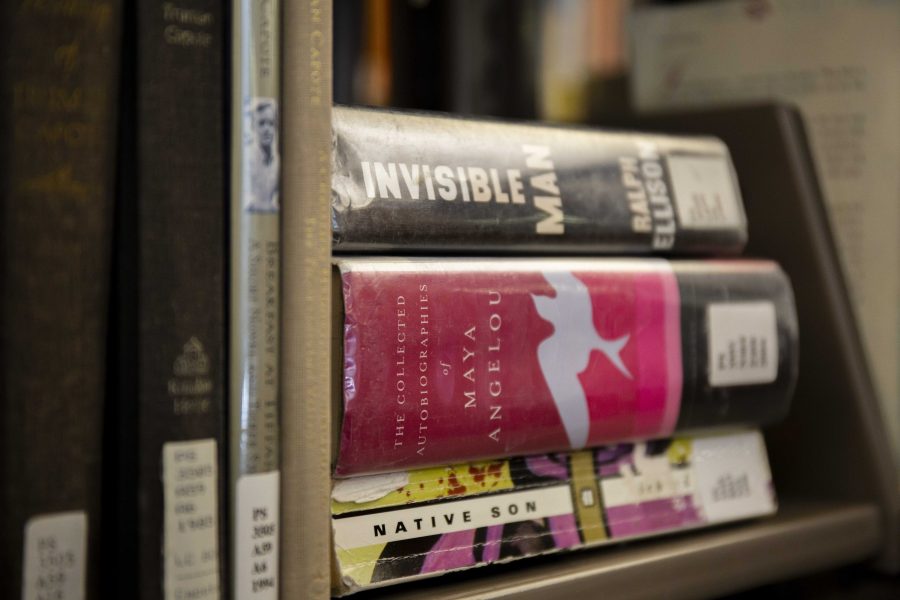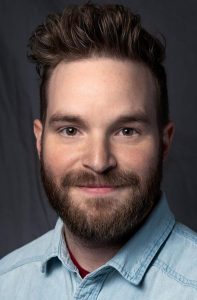In February, we celebrate African-American History Month. Some of the world’s richest and most renowned texts come from eloquent and talented black writers. Through their words, these authors and poets are able to give a voice to black people as they share their experiences with the rest of the world. Their stories are inspirational, yes, but even more so, these works are necessary to understand what it means to be black in America. There are so many wonderful writers it’s hard to quantify them all in a single list. Here are some of my favorite:
Langston Hughes
Known for capturing the life of blacks from the 1920s to the 1960s, Langston Hughes was one of the biggest artists during the Harlem Renaissance. The writer behind numerous novels, plays, short stories and poems— Hughes expertly combined his love of jazz music with his dedication to telling the story of the black community to create numerous beautiful pieces. The rhythm and rhyme of his poems are reminiscent of jazz music. My favorite poem from Hughes is “A Dream Deferred.”
Maya Angelou
It’s not a stretch to say Maya Angelou is foundational to the canon of black literary works. Angelou was not only a woman who wrote honest and haunting works, but she was also a civil rights activist, a director, a dancer, an actress, a singer, a composer and an educator. She is best known for her book, “I Know Why the Caged Bird Sings,” wherein she describes how she learned to live with the horrors she faced as an eight-year-old girl. From there, Angelou discovered the power of written words from authors like Hughes and Shakespeare. She also worked alongside Malcolm X and Dr. Martin Luther King Jr. during her lifetime. Prolific and influential, Angelou has left an everlasting impact on black literature. My favorite work from hers is hard to choose, however, I am fond of this line from “Still I Rise”: “You may kill me with your hatefulness, But still, like air, I’ll rise.”
Toni Morrison
Toni Morrison is highly regarded among black scholars and literary critics for her works that primarily focused on the female black experience. The wide range of her works, however, confront many different topics of black life. At the root of all of her work, there is a struggle of defining one’s identity. Really, her work questions what it means to be a black woman living in America and what factors shape this experience. My favorite work of Morrison’s is her second novel “Sula.”
Frederick Douglass
Frederick Douglass is my favorite black author. Douglass was an escaped slave who became an author, speaker and abolitionist during the Civil War period. His autobiography, “Narrative of the Life of Frederick Douglass, an American Slave,” is one of the most haunting and thought-provoking pieces to recall the experience of a slave. While he was honest, he was no pessimist. Douglass writes, “From my earliest recollection, I date the entertainment of a deep conviction that slavery would not always be able to hold me within its foul embrace.”
Octavia Butler
Octavia Butler was one of the only science fiction writers in the field and one of the few black ones during her lifetime. Her different approach to capturing the black experience was remarkable, and her works speak for themselves. “Kindred,” which combines the slave experience with time travel, is her second novel and arguably her best work.
Ralph Ellison
Ralph Ellison only had one novel published during his lifetime. “Invisible Man” was an experimental work in the sense that it was not only a bildungsroman (a novel which deals with a character’s moral and psychological maturation), but it was unique. A nameless black man wants to fight against white oppression, but he is ignored by everyone around him. The story is extremely contemporary. However, its innovative style is a refreshingly different take on how to tell the story of black experience.
These writers are integral parts of black literature as they built the foundation for generations of aspiring writers to come. Their works transcend time. However, I am curious. Who are your favorite contemporary black writers or poets? Off the top of my head, I would name Angie Thomas as my favorite.



